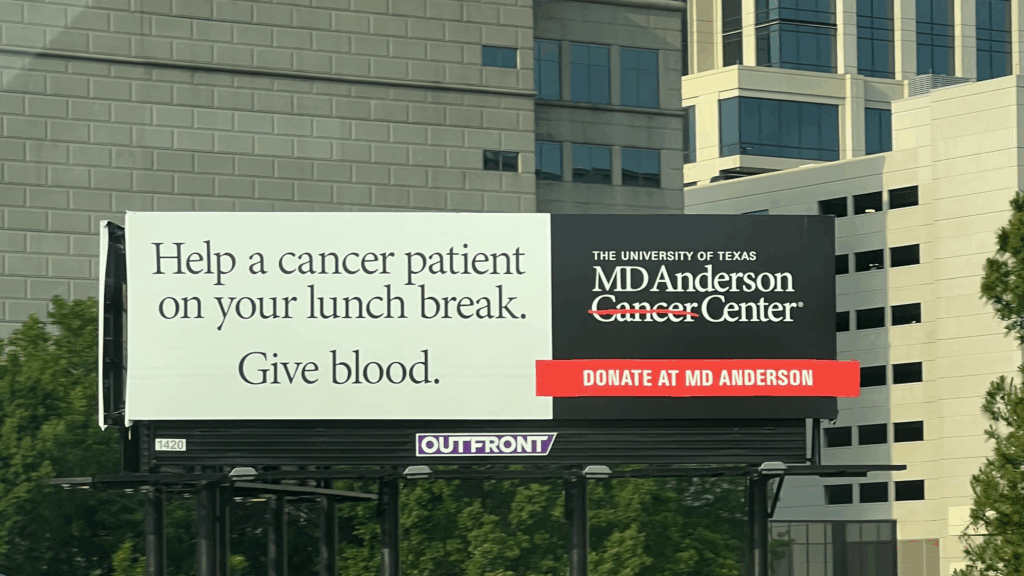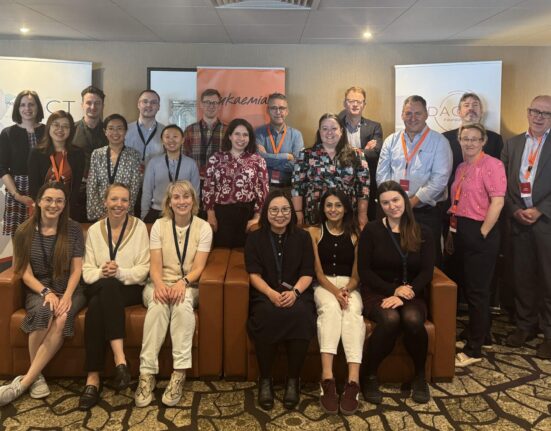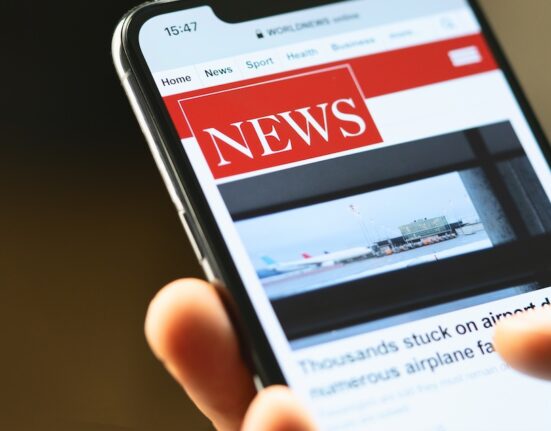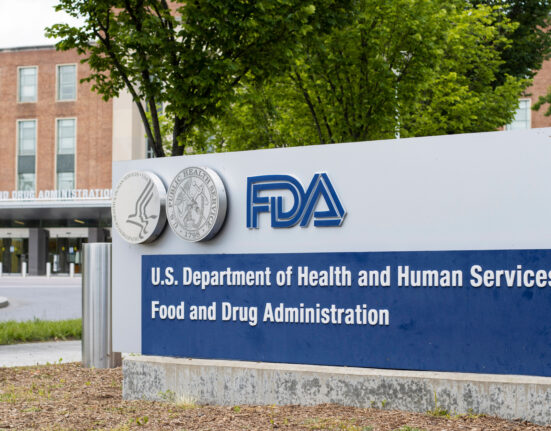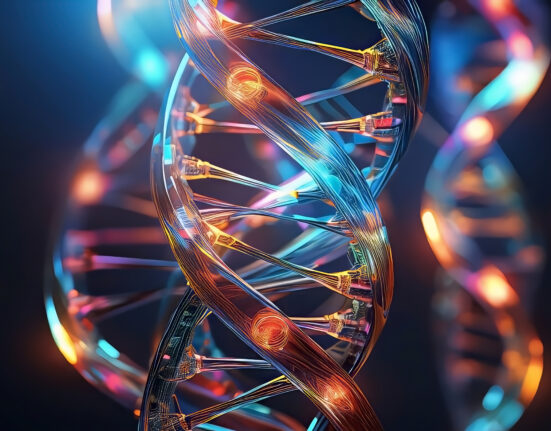Bev Lewyn was 48 years old when her life was upended by two blows in quick succession. In 2015 she was diagnosed with thyroid cancer, and only a few months later she learned she had breast cancer.
Years later, routine bloodwork showed a persistent drop in her white blood cell count, which would eventually lead to a third and more complex diagnosis: acute lymphoblastic leukemia (ALL). At the time, however, her oncologist and pathologist in Atlanta, Georgia, where Lewyn lives, failed to recognize the ALL. Downplaying the warning signs, her doctor discouraged a bone marrow biopsy, calling it “too traumatic.”
Drawing on her investigative instincts from her years as a CNN research executive, Lewyn searched for the nation’s top leukemia experts, ultimately emailing Hagop Kantarjian, MD, at the University of Texas MD Anderson Cancer Center. Dr. Kantarjian serves as Secretary on the Society of Hematologic Oncology Board of Directors.
After the initial email, Dr. Kantarjian and Lewyn spoke on the phone, and he asked her a series of questions, including whether she had recently taken steroids. When she mentioned she had taken steroids along with antibiotics for an ear infection, he said, “that’s it,” and explained how steroids can mask the presence of ALL.
“I emailed Dr. Kantarjian on a Friday morning,” Lewyn recalled. “By Monday at 8 am, I was at MD Anderson in Houston having a bone marrow biopsy.”
Her experience led her to create The Bev Strategy (thebevstrategy.com), a website for patients with cancer who need guidance as they navigate a difficult diagnosis. She said it offers unique help for people who have not yet started treatment and are experiencing what she calls the amygdala hijack phase, or shock phase.
“I looked online and found almost nothing focused on that moment,” she said. “I’m trying to take you from that amygdala hijack, when you’ve just received the diagnosis and can’t think clearly, to the point where you can begin making treatment decisions.”
Lewyn launched thebevstrategy.com in 2023 just in time for that year’s ASCO Annual Meeting. She said it was the perfect time to make the website live as Dr. Kantarjian was receiving the Karnofsky Award, ASCO’s highest honor.
“I was like, OK, let’s, go ahead and do it,” she said.
The Bev Strategy
Lewyn said thebevstrategy.com is a public service, free of charge, and has been reviewed by clinicians, including Dr. Kantarjian. It offers a simple mantra for patients:
“Calm your panic. Control what you can. Give yourself the tools you need right now to think straight and make good decisions.”
At the heart of the Bev Strategy are five practical steps for anyone facing a life-changing diagnosis:
- Take thorough notes to capture every detail.
- Create a physical binder to organize test results and doctor instructions.
- Find the best specialists, even if travel is required.
- Make informed treatment decisions.
- Stay positive, or as she puts it on her website, “ride the treatment ride with serenity and joy.”
Taking notes and creating questions calmed her and helped her make more informed treatment decisions, she explained.
“The act of making a binder and writing everything down is a way of doing something physical to help yourself, because you will not remember everything,” Lewyn said. “When I first got my breast cancer diagnosis and went back to Mayo Clinic, they told me not to expect to remember anything from the first visit because nobody does.”
Lewyn also stressed that serious diagnoses require expert guidance.
“The other very important piece is that you’ve got to get to the right specialist,” she said. “A lot of people—even very smart people—say, ‘Oh, my doctor’s so nice,’ and that’s great. But when you have something like cancer, you really need a specialist on your team, even if you just consult with them and then have your treatment done where you live.”
Lewyn speaks with warmth and deep gratitude, despite the intensity of her treatments. She often says she feels lucky to have found doctors who listened and acted quickly, and she wanted to help other patients feel that same clarity and strength.
“I feel grateful every day for the doctors and friends who guided me,” she said. “If my experience can help someone else think clearly in a frightening moment, then everything I went through has even greater meaning.”
Lewyn added that formulating and implementing a strategy helped her keep a positive attitude because it gave her the tools to make great decisions on physicians and treatments. “Those decisions allowed me to feel lucky and know I was taking this on in the best way possible,” she said.
Feeling lucky, combined with her understanding that treatment is a “ride” (with twists, turns, and sudden drops) is what allowed her to ride the treatment ride with genuine joy and serenity, she said.
Giving back
During the COVID-19 pandemic, Lewyn was receiving treatment for ALL at MD Anderson when she discovered she was having trouble getting the blood donations she needed.
“I’m O negative, and I was being denied—I needed it, but I couldn’t get it,” she said.
She soon learned that MD Anderson, like many hospitals at the time, faced a severe blood shortage.
“OK, we’re going to work on this,” she decided.
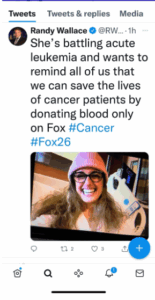
Lewyn tapped her media connections to launch a citywide blood-donation campaign, even appearing on Fox News to spread the word.
“I went back to some of my CNN colleagues, they put the word out, and then I wound up going on Fox News to publicize it—and soon after, MD Anderson began receiving the donations they needed.”
Her efforts brought billboards across Houston and helped replenish the blood supply for cancer patients.
Stay positive
Returning to the theme of positivity, Lewyn explained that staying connected to others and finding beauty in the everyday can help patients through their diagnoses and treatments.
“During that first intensive month, whenever I felt well enough, I’d wander the halls, and one day I went a different way and found this beautiful piece of artwork I’d never noticed—I felt so lucky to see it,” she said. “Little discoveries like that really add up. I also made a point of bonding with the nurses—asking where they’re from, what food their mom always made—because they’re fascinating people. The more you fill those parts of yourself, the easier it becomes to stay positive, even when you’re sick and exhausted.”


